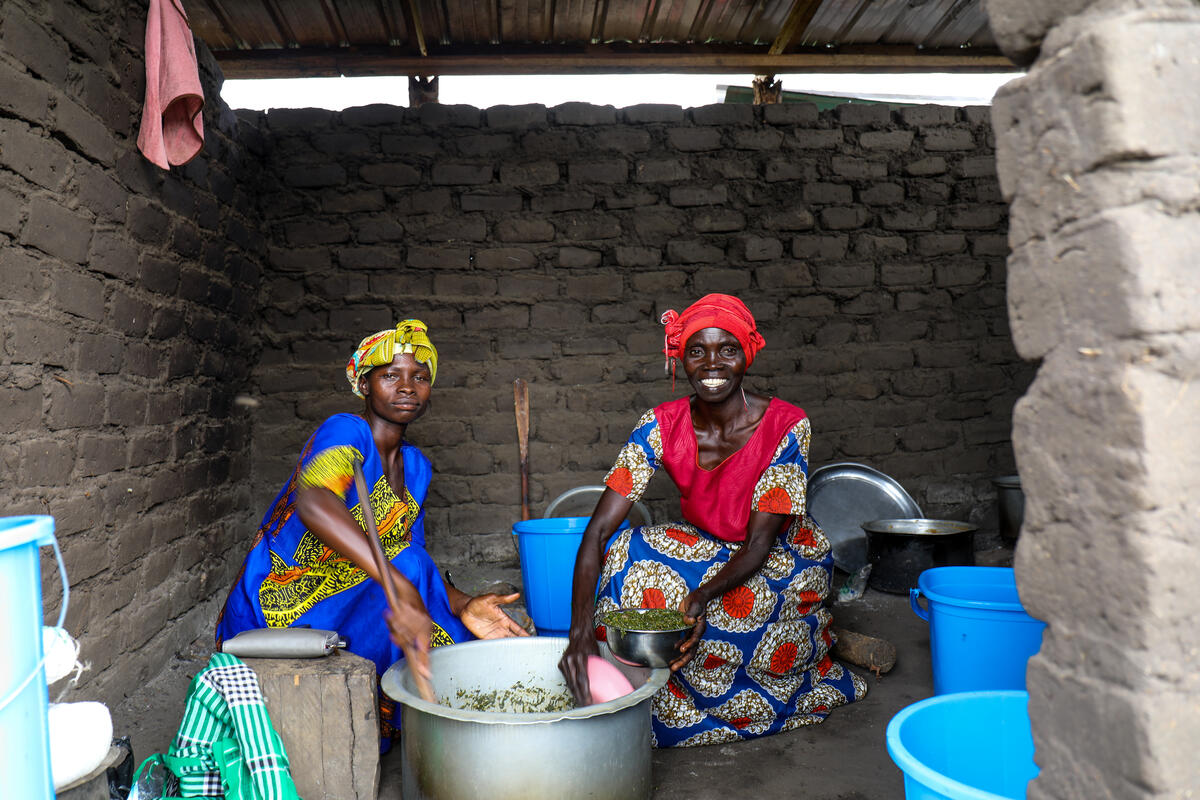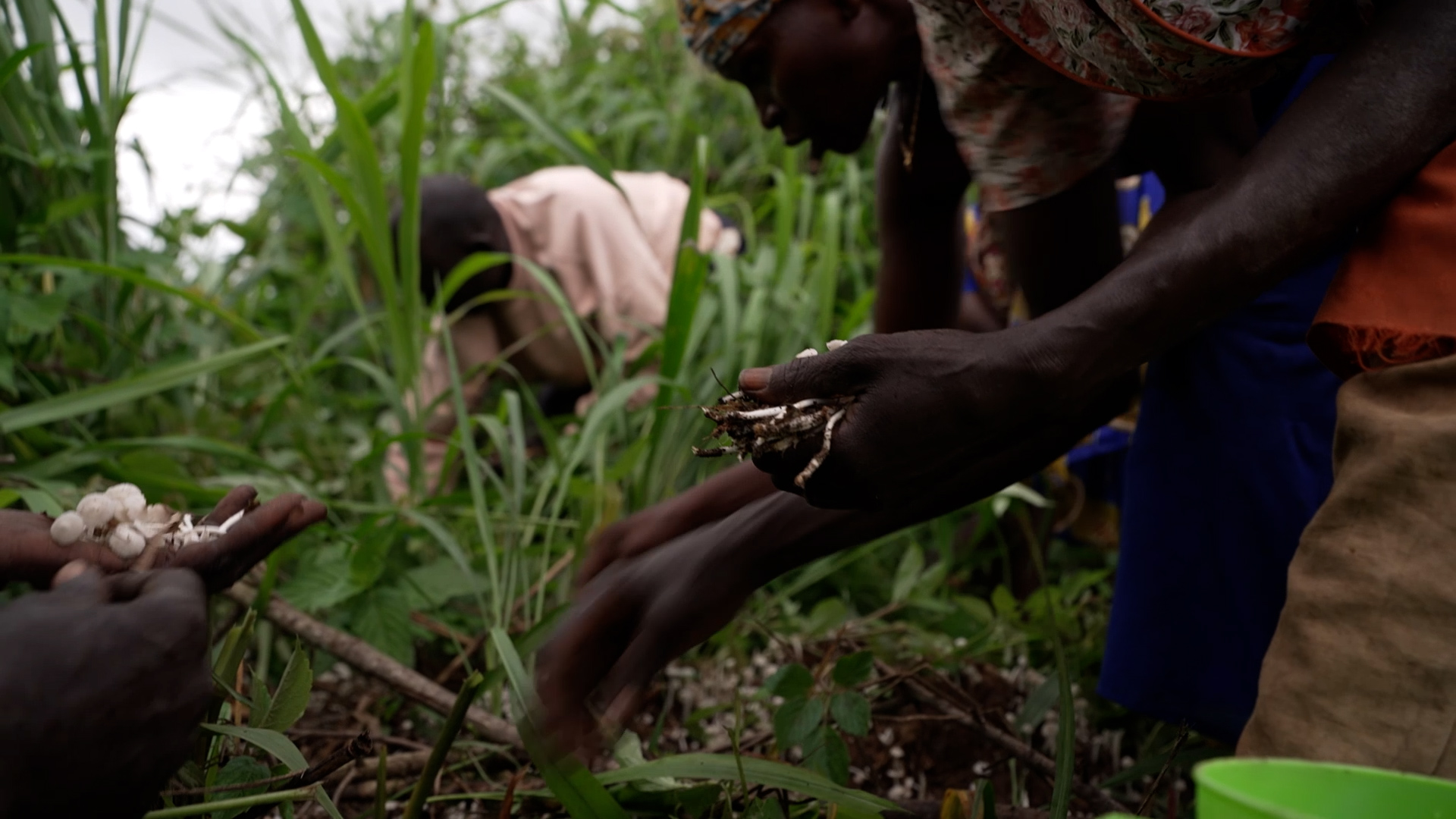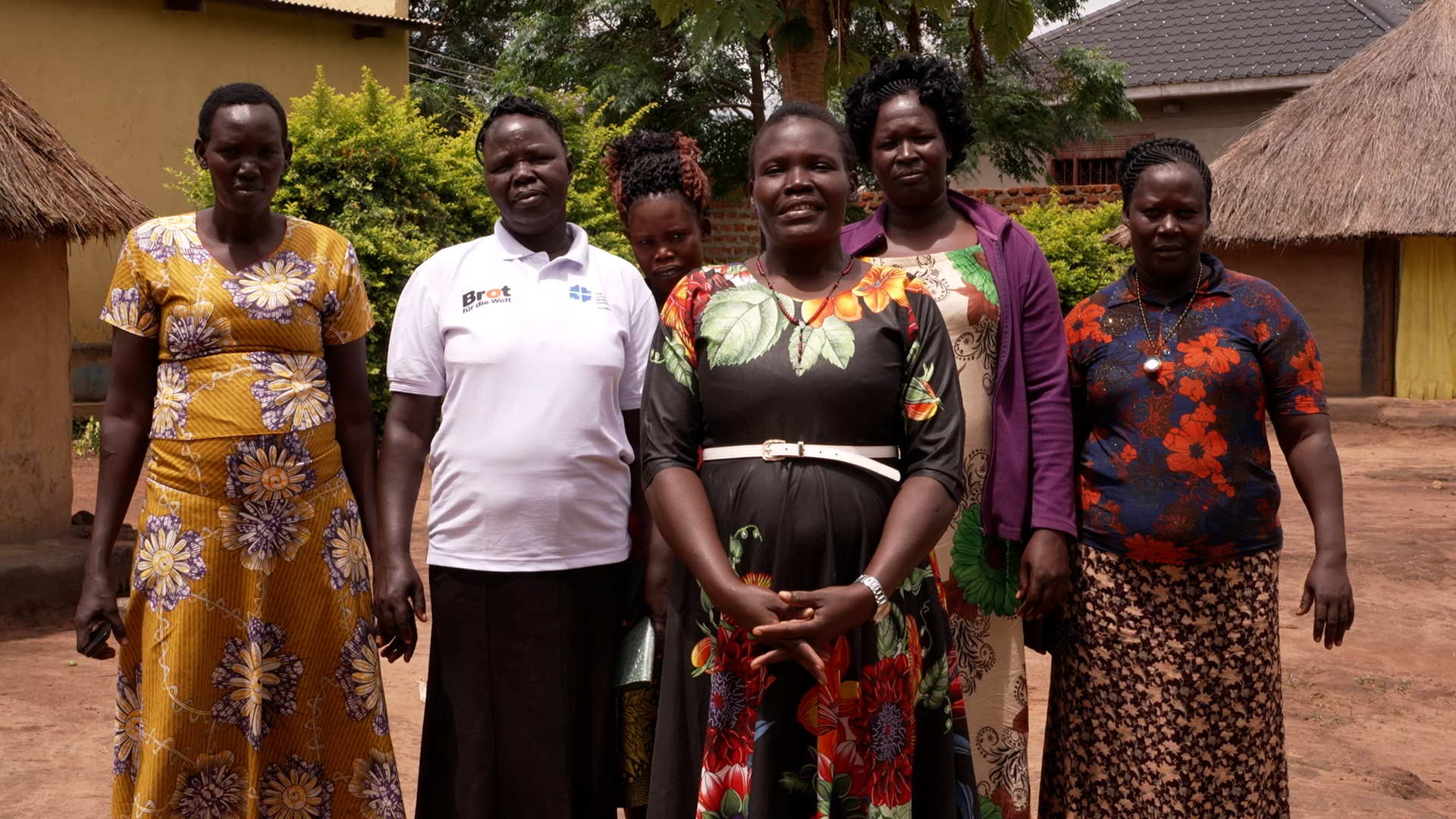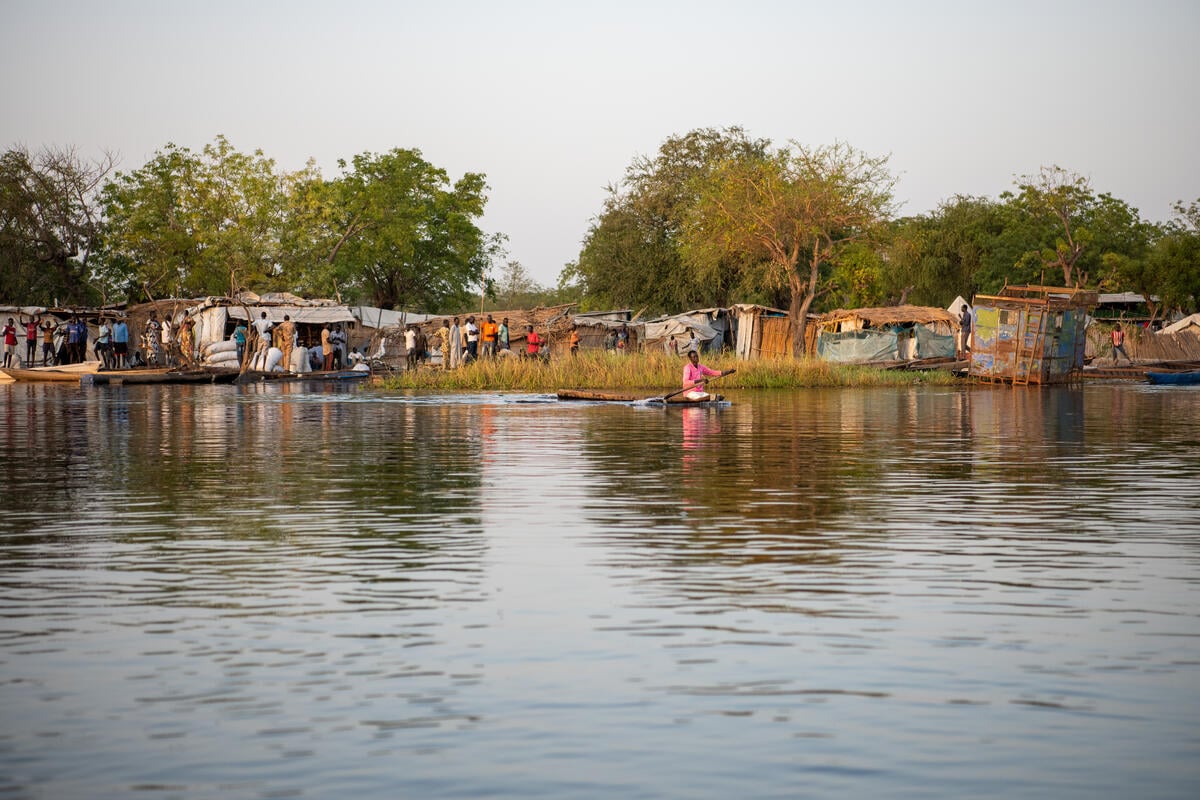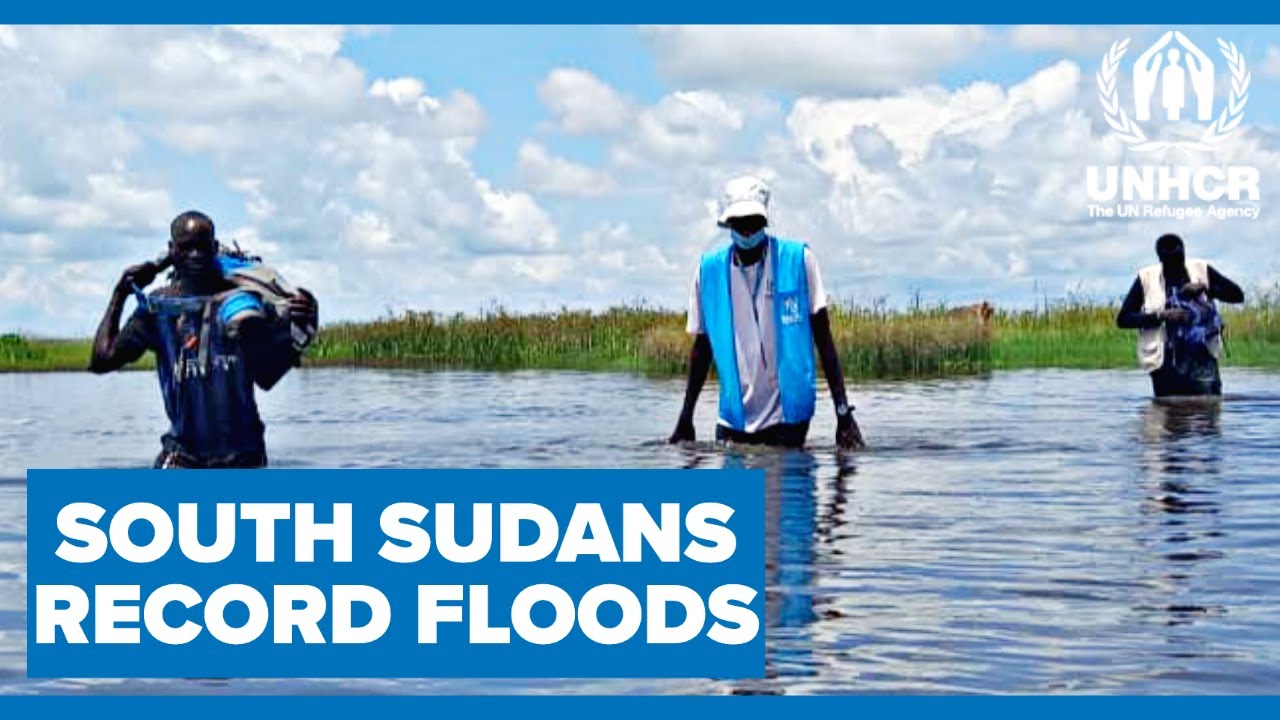South Sudan fighting forces thousands to flee
South Sudan fighting forces thousands to flee

GENEVA, March 11 (UNHCR) - Fighting in previously peaceful areas of South Sudan's Western Equatoria state continues to force thousands of people to flee into the Democratic Republic of the Congo, Uganda and even the volatile Central African Republic, UNHCR warned on Friday.
The UN Refugee Agency aims to gain access next week to an estimated 7,000 South Sudanese refugees living in desperate conditions in Bambouti, which is located in a difficult to reach area in the easternmost part of Central African Republic, or CAR.
A four-truck convoy carrying UNHCR and Word Food Program food and other humanitarian aid, is scheduled to leave Bangui on Saturday for Bambouti and arrive there on March 21, UNHCR spokesperson Leo Dobbs told a news briefing in Geneva on Friday (March 11).
Dobbs said an inter-agency needs assessment team would follow on Monday, travelling by plane and helicopter. They will carry some emergency relief items, including medicine and nutritional biscuits.
The nearest UNHCR field office is at Zemio, 320 kms to the west, but staff have been in contact with local officials in Bambouti and with a small group of the refugees, who made their way by road to the Central African Republic town of Obo, almost 110 kilometres from Bambouti.
"They told UNHCR that the new arrivals in eastern CAR are in urgent need of assistance, including shelter, food, water, health care as well as security. Many are staying with host families but most are in makeshift shelters. More than 80 per cent of the refugees are women and children," Dobbs told reporters.
The refugees first started arriving in Bambouti in December to escape fighting and rising tension between members of a local armed group and government forces in the South Sudan towns of Source Yubu and Ezo. Some had also fled fighting in Tambura.
The group of refugees in Obo said they expected more people to cross into CAR, where three years of conflict have displaced some 900,000 people. They said the road to Bambouti and South Sudan was passable by heavy truck but in poor condition. They paid truck drivers cash to bring them to Obo.
Dobbs said the new arrivals in Bambouti outnumber the local population of about 1,500 people and this is putting a strain on food and water resources. Health is also an issue, including malaria, diarrhoea, malnutrition and scabies. There is just one midwife and a medical assistant in Bambouti, while the health clinic lacks medicine and equipment. The local school has been closed since 2002.
The new fighting in Western Equatoria has since late 2015 also forced more than 11,000 people to cross into Democratic Republic of the Congo and seek shelter in the towns of Doruma, Bangalu, Gangala, Duru and Bitma, Haut Uele province after fleeing fighting between government forces and the Arrow Boys, a local armed group, near the South Sudan town of Yambio.
"The new arrivals, mainly women and children - nearly a third of whom are aged three or less - tell of human rights abuses, including killings, rape and forced recruitment," Dobbs said. "Many said they had lost husbands. Most of the new arrivals told UNHCR they were from Western Equatoria's Ezo and Nzara counties," he added.
But conditions in Doruma and elsewhere are inadequate, with many people sleeping in the grounds of a church because of a lack of shelter materials. Sanitation and hygiene facilities are in short supply. Many were sleeping in the open. A UNHCR team has been registering the refugees and assessing their needs.
In Uganda, more than 14,000 South Sudanese refugees, the vast majority of whom are women and children under the age of 18, have been registered since the start of the year. Many of the new arrivals are fleeing from Western Equatoria, often having walked for days, and are tired and hungry.
Arrival figures are up on late 2015. The number of new arrivals slowed slightly in mid-February, coinciding with the holding of the presidential and general elections on February 18. Numbers have gradually begun to rise again over the last 10 days.
The majority of new arrivals are being hosted in a newly opened settlement in Adjumani, West Nile district, with smaller numbers residing in settlements in Arua and Kiryandongo.


